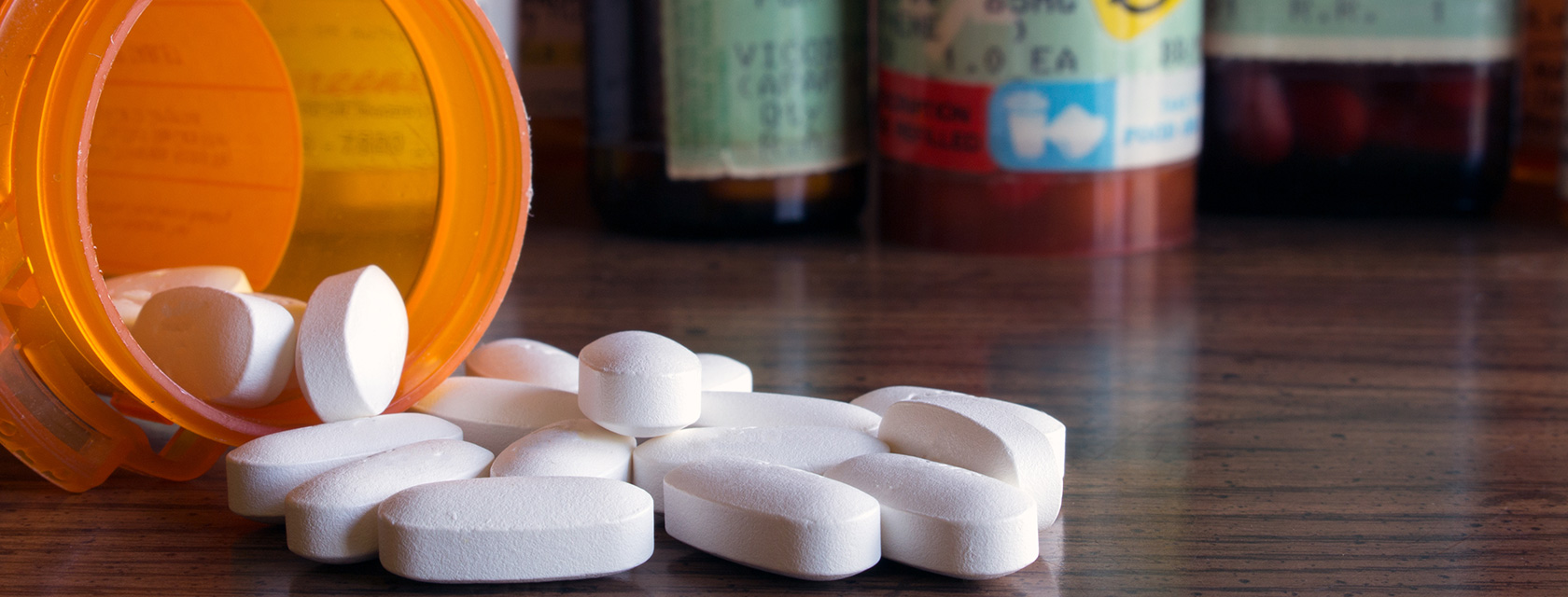Findings from a new national study, led by researchers at Dartmouth’s Geisel School of Medicine and the Harvard T.H. Chan School of Public Health and published in the New England Journal of Medicine, show an alarming disparity in the treatment for opioid use disorder (OUD) among White, Black, and Hispanic patients.
Among Medicare beneficiaries with disability and active OUD symptoms, White patients received and filled prescriptions for medications to treat OUD up to 80 percent more frequently than Black patients and up to 25 percent more frequently than Hispanic patients following a high-risk OUD-related event such as an overdose or infection.
Across racial groups, patients made a similar number of visits to healthcare providers in the six months following such an event—indicating that disparities in treatment were not explained by low contact with care.
“Black and Hispanic patients were less likely than White patients to receive medications for opioid addiction even though they had frequent healthcare encounters after an addiction-related event,” says Terri Lewinson, PhD, MSW, an associate professor of The Dartmouth Institute for Health Policy and Clinical Practice and of epidemiology at Geisel.
“These disparities, despite ample opportunity to treat, are especially concerning because opioid overdose mortality has increased more among Black people in the last decade than any other group. As our paper concludes, 'our findings highlight broad failures and persistent structural racism within our healthcare delivery system,’” says Lewinson, who served as principal investigator for the Geisel team. Joining her as Geisel-affiliated co-authors on the study are Nancy Morden, MD, MPH, Moraa Onsando, MD, MPH, and Deanna Chyn, MPH.
While racial disparities in addiction treatment have been identified by previous studies, little of this research examined the full range of medications for OUD; little assessed opioid analgesics and benzodiazepines, both of which are associated with substantial risk for OUD patients; and most focused on people in active treatment for substance use and/or used geographic proxies for race.
To fill these gaps, researchers pulled a random 40 percent sample of Medicare beneficiaries with disability—a group of Americans among the most affected by OUD—who experienced at least one acute OUD-related event between 2016 and 2019.
Using the Medicare claims of the 23,370-person study population, researchers observed 25,904 OUD-related events—15.2 percent of which occurred among Black patients, 8.1 percent among Hispanic patients, and 76.7 percent among White patients. In the 180 days following these events, Black patients received and filled a prescription for buprenorphine (a lifesaving therapy for OUD), 12.7 percent of the time; Hispanic patients, 18.7 percent of the time; and White patients, 23.3 percent of the time.
A similar pattern emerged for naloxone, a drug for reversing overdoses: Black patients received and filled a prescription after 14.4 percent of OUD events; Hispanic patients, 20.7 percent; and White patients, 22.9 percent.
While prescriptions for naltrexone, a general substance use disorder medication, were rarely received and filled across the groups, prescriptions for opioid analgesics and benzodiazepines were received and filled frequently. Prescriptions for opioid analgesic were received and filled after 23 percent of OUD-related events (regardless of race). But prescriptions for benzodiazepines were received and filled by Black patients 23.4 percent of the time, by Hispanic patients 29.6 percent of the time, and by White patients 37.1 percent of the time.
In a follow-up analysis using data from 2020 to 2021, researchers observed similar disparities for methadone. Black patients received and filled these prescriptions after 8.3 percent of OUD events; Hispanic patients after 11.2 percent of OUD events; and White patients after 8.6 percent of OUD events.
“Opioid overdoses are rising faster in the Black population than in any other racial group: in 2020, they surpassed overdose rates in the White population for the first time in decades. And rates of overdose in the Hispanic population have recently risen by 40 percent,” says Michael Barnett, an associate professor in the Department of Health Policy and Management and lead author on the study. “We need to understand barriers to obtaining life-saving addiction treatment for minority populations to address this huge demographic shift and public health crisis.”
Funding for this study came from the National Institute on Drug Abuse grants R01 DA049757, R01 DA048533, and P30 DA035772, and the National Institute on Aging grant k23 AG058806-01.
Founded in 1797, the Geisel School of Medicine at Dartmouth strives to improve the lives of the communities it serves through excellence in learning, discovery, and healing. The Geisel School of Medicine is renowned for its leadership in medical education, healthcare policy and delivery science, biomedical research, global health, and in creating innovations that improve lives worldwide. As one of America’s leading medical schools, Dartmouth’s Geisel School of Medicine is committed to training new generations of diverse leaders who will help solve our most vexing challenges in healthcare.
